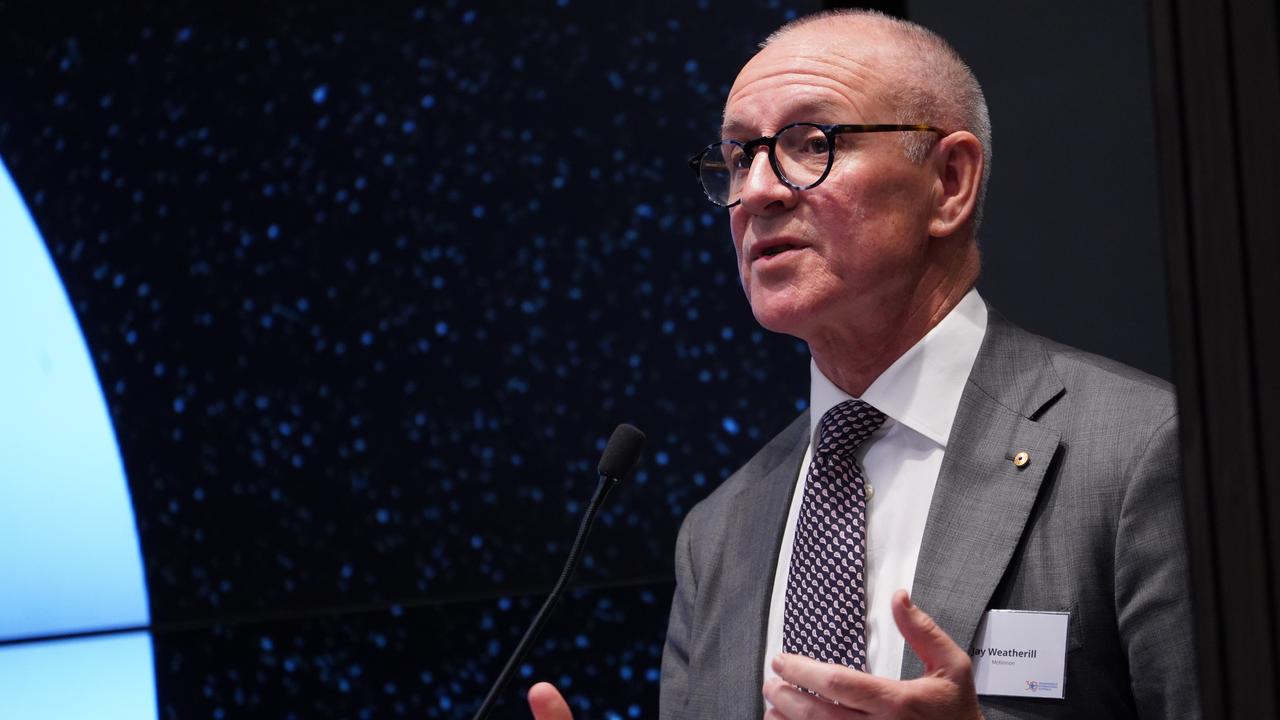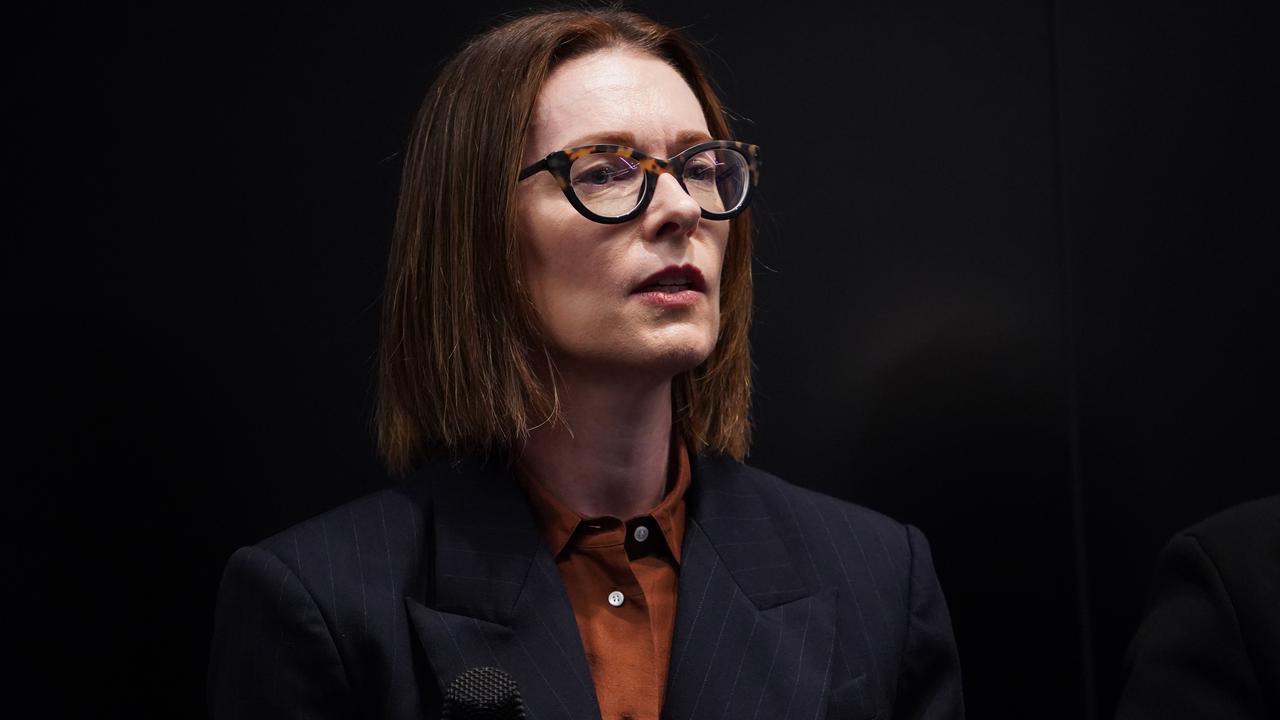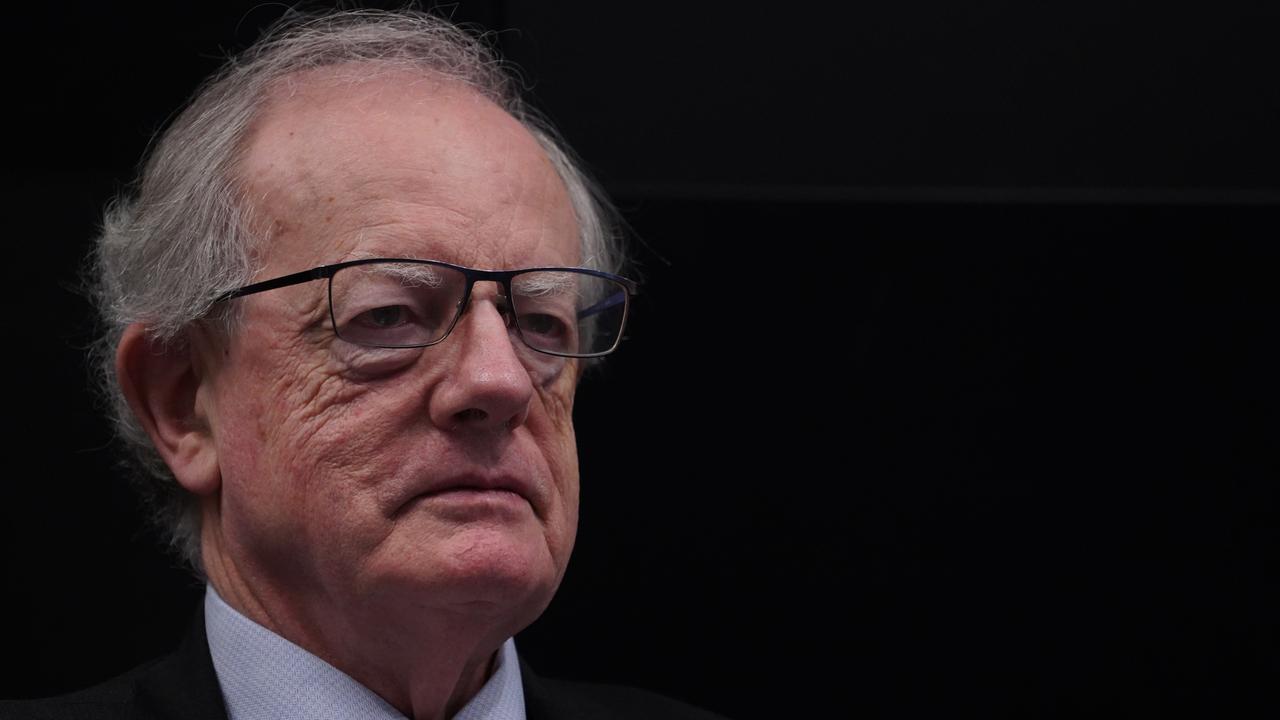The national anti-corruption watchdog is investigating dozens of cases, its commissioner has revealed as he defended holding private hearings.
Paul Brereton said the national anti-corruption commission (NACC) had launched about 35 preliminary investigations and 38 corruption investigations, including 12 joint operations with other agencies, and held 31 private hearings.
It is also overseeing 16 cases being run by other agencies.
Four matters were before the courts and the commission had received 458 referrals since July 1, he added.
Mr Brereton also defended withholding the name of a Home Affairs Department official the commission found had abused public office to get her brother-in-law hired.
A public revelation wouldn’t have achieved anything further as a deterrent had already been put in place through the release of the commission’s findings.
“I don’t think there will be too many public servants recruiting their brother-in-law into their department in the immediate future,” he told Transparency International Australia’s anti-corruption summit in Melbourne on Thursday.
It was a discretionary decision that had to weigh the ongoing consequences of exposing an individual, including their safety, Mr Brereton said.
Naming the person “would have avoided a whole lot of grief” after anger at the decision but it wasn’t the right thing to do.
“It’s not right in all circumstances to name these individuals who aren’t secretaries or heads of agencies but medium-level officials who aren’t public figures,” he said.
The commissioner said he was certain officials would be named in the future and it was “unfortunate” the commission’s first finding didn’t warrant a public naming.
He added he was confident there would also be public hearings, which are allowed if they meet a threshold of “exceptional circumstances”.

Former South Australian premier Jay Weatherill, who now acts as the McKinnon Foundation’s executive director of democracy, defended hearings being held in private, saying frivolous referrals could ruin careers.
Mr Weatherill said investigations and hearings he was dragged into on the periphery of a corruption investigation during his time in office would have ruined his career and handicapped his government, despite eventually being cleared.
“If that had played out in the public I wouldn’t be sitting here right now,” he said.
“You’ve got to realise that this plays into a real-world political context where people will weaponise allegations.
“It might be fine to say in six months’ time that we were entirely exonerated, but there’s nothing left of you … people have made up their mind at the first unsubstantiated allegation.”
Independent Broad-based Anti-corruption Commission chief executive Alison Byrne called for Victorian legislation to be changed to allow the agency to make findings of corruption, which it couldn’t do under the existing legal definition.

Greens senator David Shoebridge hit back against the lack of public hearings by the national anti-corruption commission, saying public servants were being shielded from scrutiny.
“Commissioner Brereton is correct in saying leadership and culture are essential to tackle corruption,” he told AAP.
“But unfortunately with the NACC, that leadership has been solely absent in its first two years.
“It has held 31 entirely secret hearings and delivered a report where it protected the corrupt official by refusing to release their name – that’s not the leadership the public are looking for.”
Australian Associated Press is the beating heart of Australian news. AAP is Australia’s only independent national newswire and has been delivering accurate, reliable and fast news content to the media industry, government and corporate sector for 85 years. We keep Australia informed.





